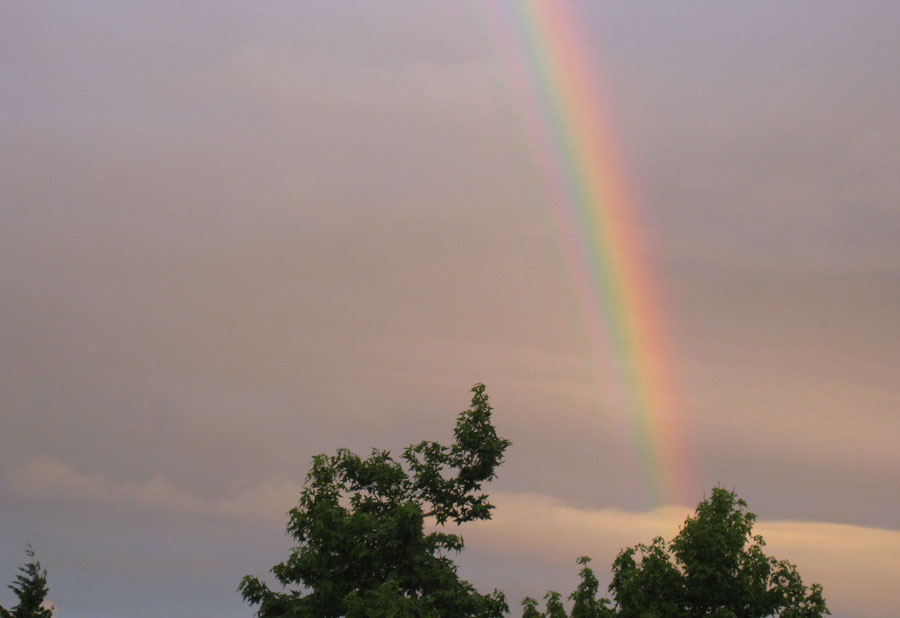
Karen Thompson Walker’s debut novel The Age Of Miracles takes off from a simple premise, the sort of “what if?” that has inspired science fiction writers for decades. What if the Earth’s rotation slowed? What if, gradually, but unmistakably, the sunlit days grew longer, the dark nights correspondingly longer, and cooler?
From this seed of possibility any number of mutant futures could be imagined. In these days, when young adult dystopian fiction is the leading edge of publishing trends, such a plot could have been milked for a franchise by a writer less concerned with exploring the subtleties of human nature under stress. But Walker, a deft and capable plot spinner, is also a thoughtful and caring observer of the paradox of human existence. Just because we know we’re doomed doesn’t mean we have to believe it.
Through the eyes of the 11-year-old narrator Julia, a lonely girl in Southern California, we see the hairline cracks in society widen as the days lengthen to 30 hours, 50 hours and beyond. When the government steps in to try to impose order on a world which no longer runs on clock time, the divisions between schools of thought lead to irreparable fractures in families and communities. However, no government can impose order on the natural world, and as the food supply and all living things including plant life are imperiled by the slowing, a miasma of gloom settles over much of the world.
But of course, to a lonely girl with a crush on a boy, all the world’s problems are mere background. Up to a point.
Walker’s brilliance shines in the way she shows her young protagonist coming to terms as she navigates not only the ordinary uncertainties of adolescence, but the terrifying new normal of loss.
For a while as I was reading the book I almost lost heart. I usually get my fill of depressing ideas reading the daily news. But I stuck with Walker, hoping she might have some miracle planned for the ending. And even though she didn’t give me the candy-coated over-the-rainbow finish I might have chosen, she left me with a lot to think about.
As her sensitive and warm-hearted heroine recounts the tale from her perspective as an adult, the story is saturated with the sense of “if we’d known then what we know now,” a common enough phenomenon among those who’ve experienced the bittersweet sensation of 20-20 hindsight. By pointing out the amazing beauty of the world which vanished during her lifetime, Julia reminds the reader that that same amazing world is still here now. We might even still have a chance to save it if we don’t kill each other off first.
Many of us live in a state of constant expectation, looking for miracles or waiting for them on the horizon of some afterlife. But in the meantime we overlook the everyday miracles with which this planet is blessed. Sunrise daily, starlight, trees and birdsong, breezes and butterflies, babies of all kinds. Music.
We already live in an age of miracles.